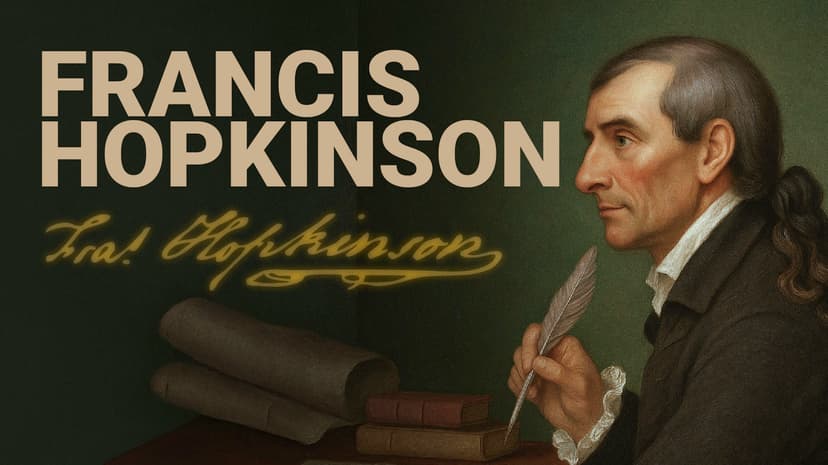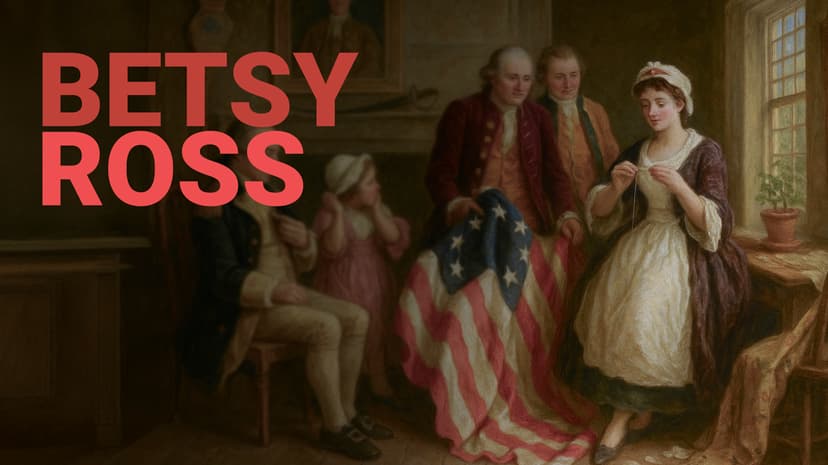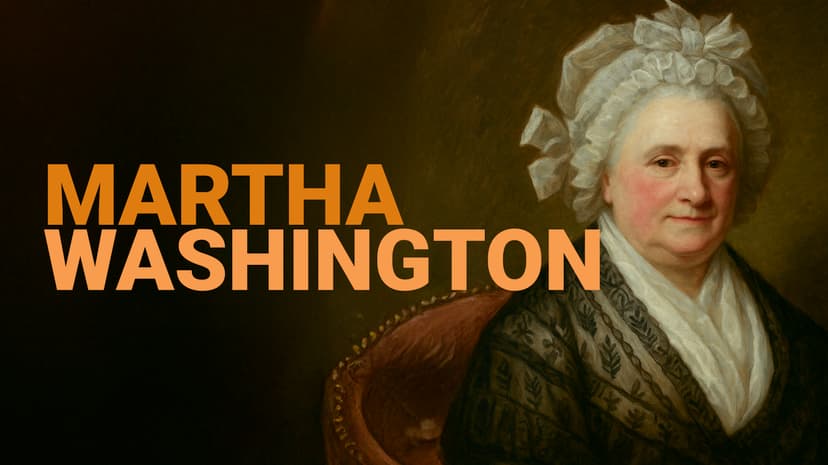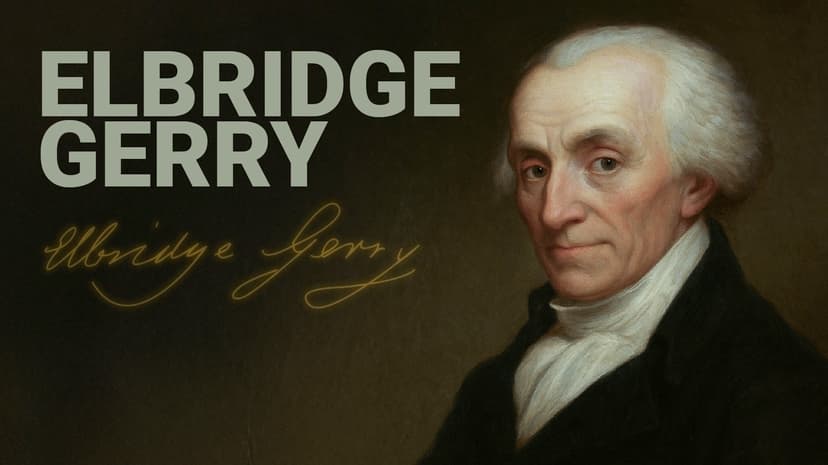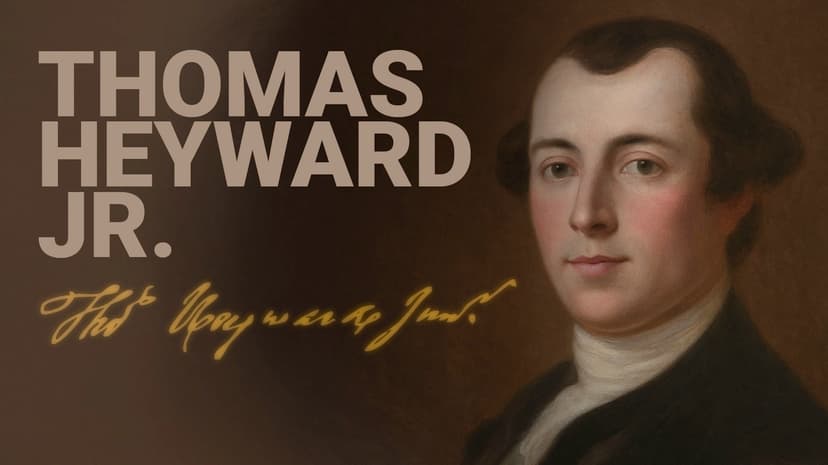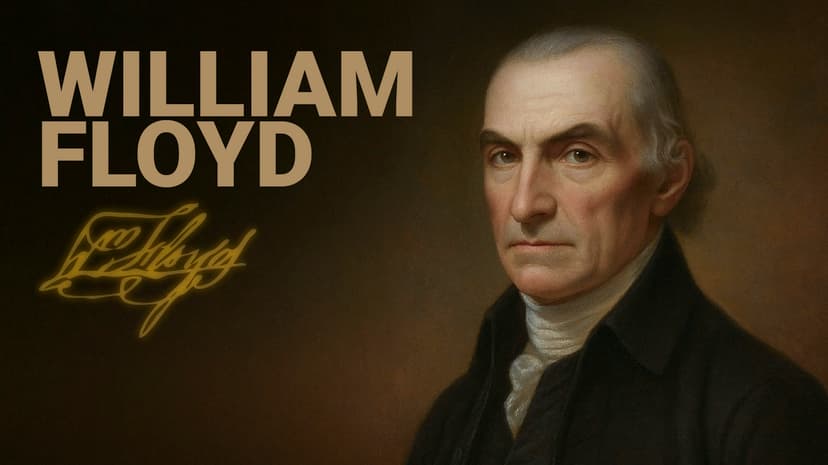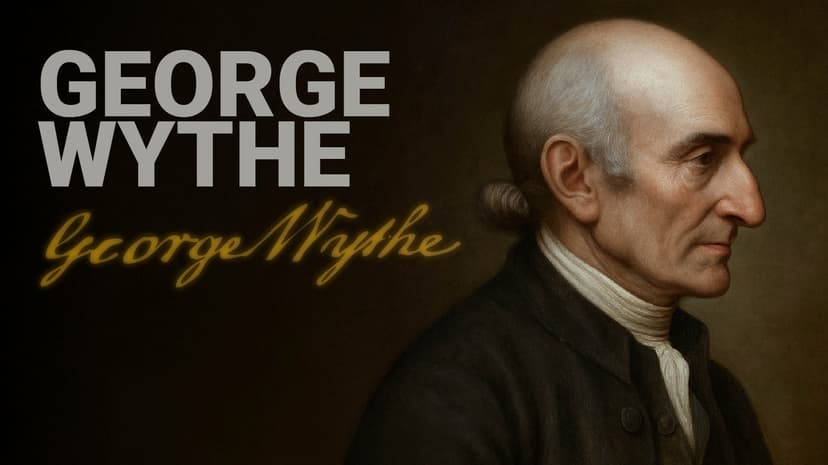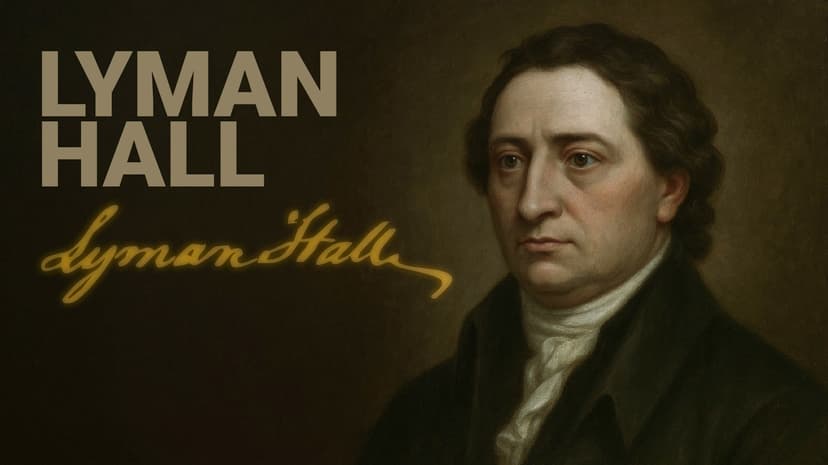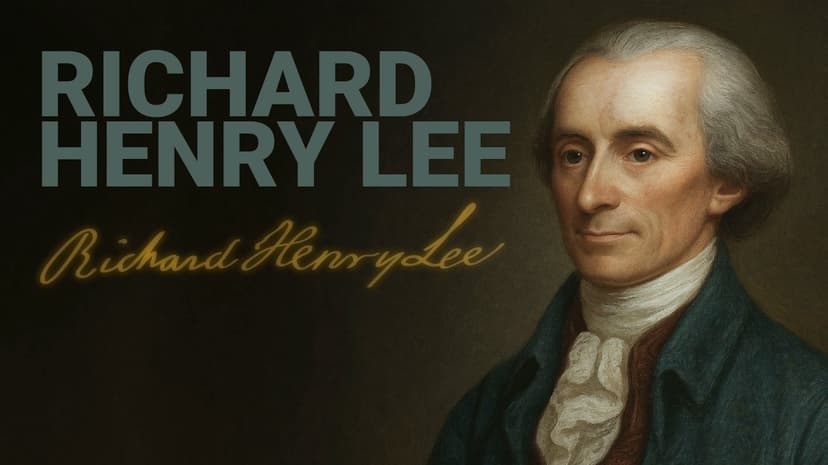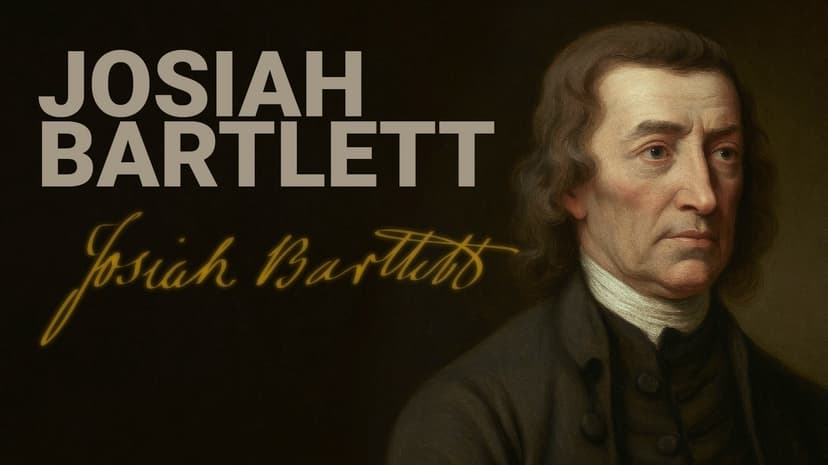Did this video impact you? Help us impact others!
Road to Liberty: Charles Carroll
Jun 12, 2025
·Charles Carroll of Carrollton was the only Catholic signer of the Declaration of Independence. Born on September 19, 1737, in Annapolis, Maryland, Carroll was one of the wealthiest and most educated men in the colonies; he was a powerful voice for freedom, religious liberty, and Maryland’s place in the new nation.
Educated in Europe in liberal arts and civic law, Carroll returned to Maryland at age 28, only to find himself barred from public office due to his Catholic faith. This did not prevent Carroll from amassing a fortune through agricultural estates and financing new businesses. He was reportedly worth $375 million in today’s dollars. His family had long hoped Maryland would one day serve as a haven for persecuted Catholics—a vision Carroll helped bring to life through steadfast service and sacrifice.
In 1773, Carroll rose to prominence as a public advocate for colonial rights, writing under the pseudonym “First Citizen” in the Maryland Gazette. He played a crucial role in securing Maryland’s resolution for independence and served in the Second Continental Congress, where he risked his life and fortune to sign the Declaration of Independence. As one spectator is said to have remarked after Carroll signed onto the Declaration, “There go a few millions.”
Carroll was a major financier of the Revolution. He helped draft the Maryland Constitution and was instrumental in the state’s ratification of the U.S. Constitution. From 1789 to 1792, he served as Maryland’s first U.S. Senator.
Devoted to God, family, and country, Charles Carroll lived to the remarkable age of 95, dying on November 14, 1832, as the longest-living and last surviving signer of the Declaration.
